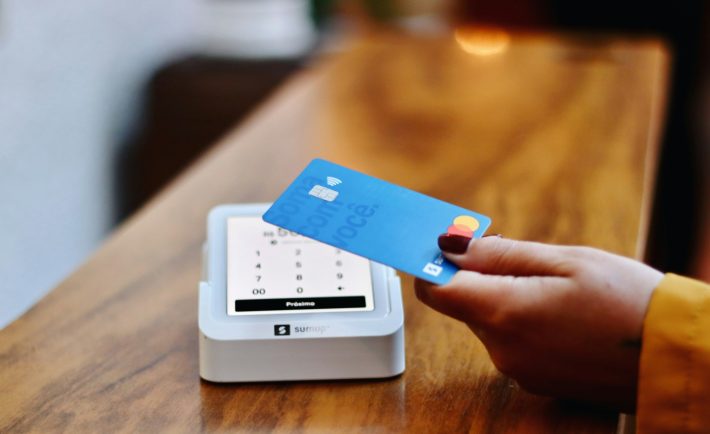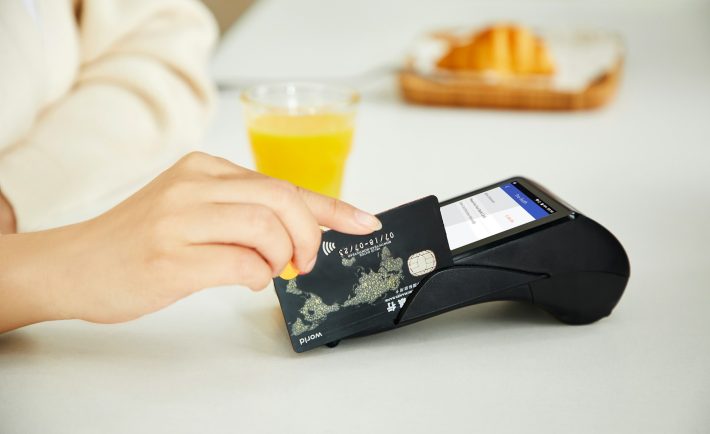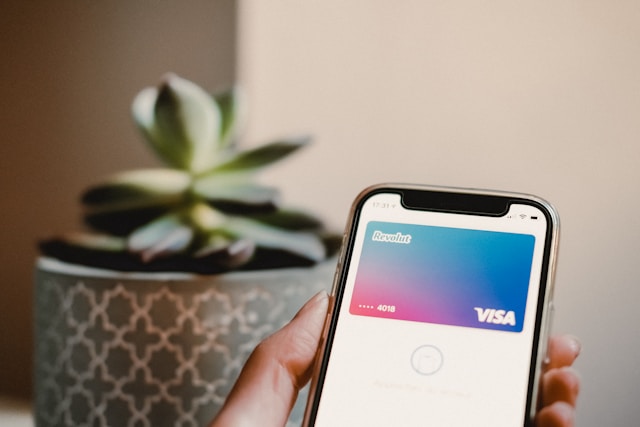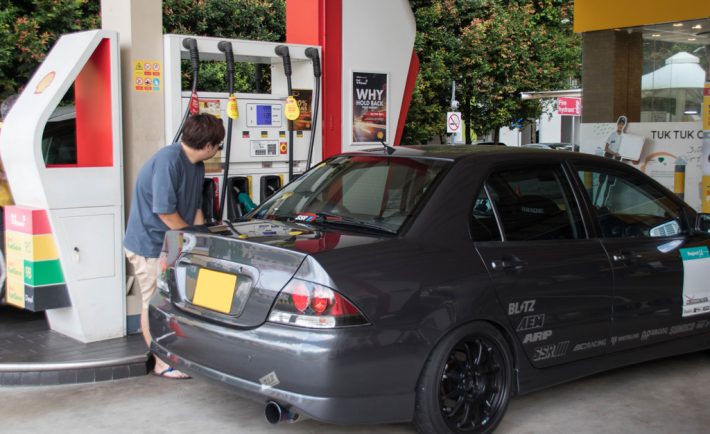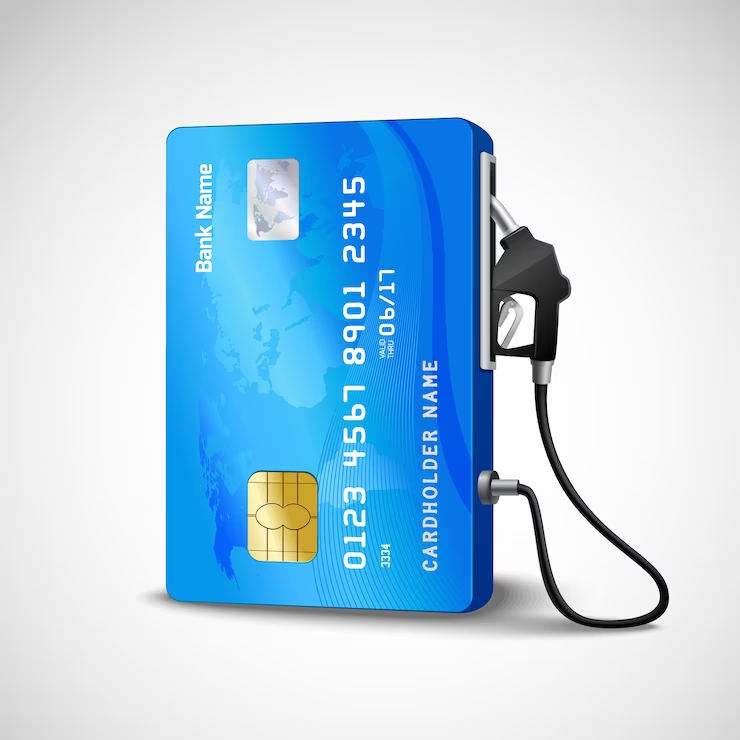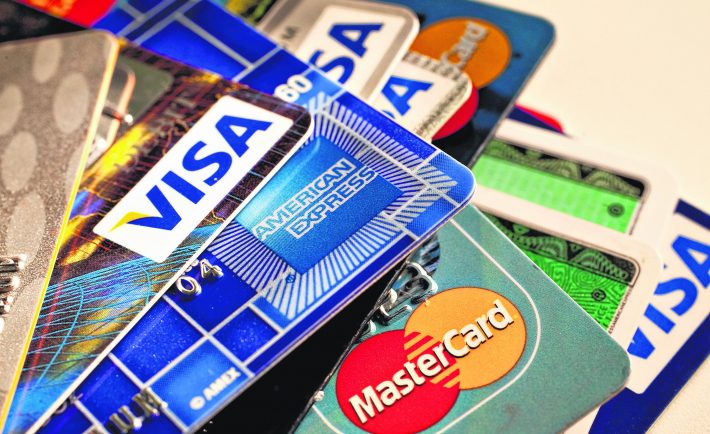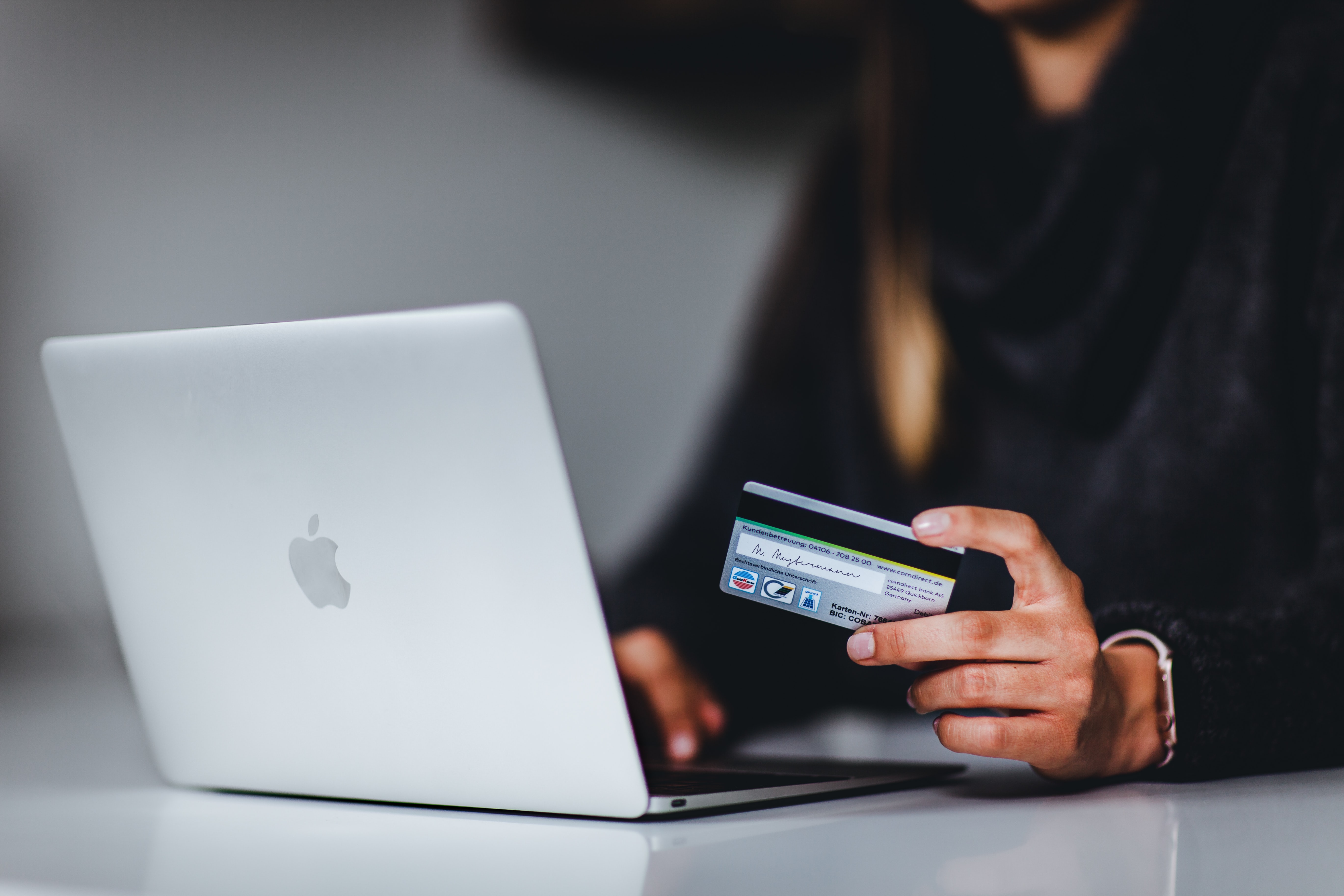Who says air travel must be a stressful affair? With the right credit card in hand, you can glide into exclusive airport lounges, sip on fine beverages, and relax in plush chairs.
Start with this roundup of Singapore’s best credit cards offering lounge perks.
#1: CITI PREMIERMILES CARD
For the occasional traveler, the Citi PremierMiles Card delivers. You get 2 complimentary visits per year to over 1,400 Priority Pass lounges worldwide. Need more? Additional visits are charged at just US$35 per person. Benefits include renewal bonus of 10,000 Citi Miles on your card anniversary and ability to earn points on payments made through Citi PayAll.
#2: DBS ALTITUDE VISA SIGNATURE CARD
With the DBS Altitude Visa Signature Card, you’re entitled to 2 free Priority Pass lounge visits annually. Perfect for those quick getaways. If you’re planning more visits, the cost is US$32 per person per visit.
#3: STANDARD CHARTERED VISA INFINITE CARD
Jet-setters will love the Standard Chartered Visa Infinite Card, which offers 6 complimentary lounge visits per year. Keep in mind that this card caters to high-income earners with a minimum annual income requirement of S$150,000.
#4: HSBC VISA INFINITE CARD
For true luxury, the HSBC Visa Infinite Card stands out with unlimited access to over 1,100 airport lounges worldwide via LoungeKey. This includes both primary and supplementary cardholders. Guests can tag along for US$32 per visit, but you’ll need to meet the S$120,000 income threshold to qualify.
#5: UOB PRIVILEGE BANKING CARD
With the UOB Privilege Banking Card, you can enjoy access to over 1,000 airport lounges worldwide, including those in Singapore. In addition to lounge access, the card offers exclusive benefits such as travel insurance, dining privileges, and more, making it a great choice for those seeking a luxury experience.
WHY DOES LOUNGE ACCESS MATTER?
Airport lounges aren’t just about luxury as they’re about convenience. Whether you need a quiet space to work, indulge in gourmet snacks, or freshen up during a long layover, lounge access turns your journey into an experience worth savoring.
Ready to upgrade your travel game? Choose the card that fits your lifestyle and income, and let your next trip start in style.

Image Credits: unsplash.com
Disclaimer: Please note that credit card benefits and terms are subject to change. It’s advisable to verify the latest information directly with the respective banks or their official websites before making any decisions.


